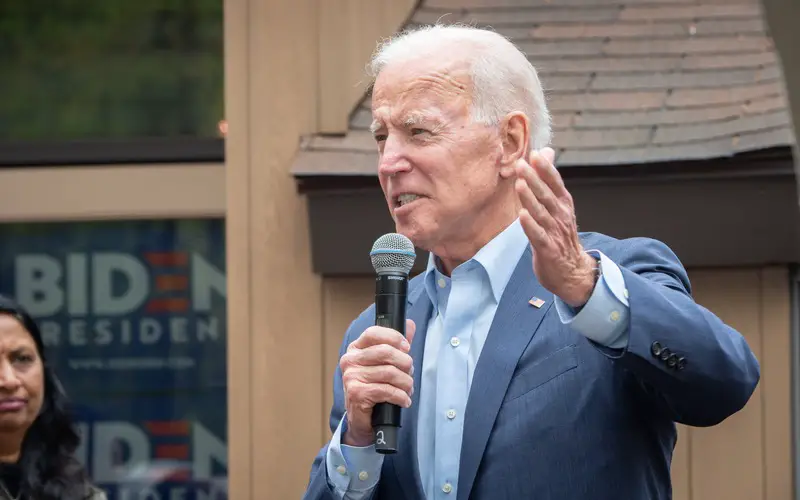Just days before the end of his tenure, on January 6, 2025, President Joe Biden invoked a seldom-used 1953 law to prevent oil and gas drilling on 625 million acres of federal waters. This move could lead to a complicated legal tussle with the forthcoming Trump administration.
The extensive protection, granted under the Outer Continental Shelf Lands Act (OCSLA), enforces a prohibition on an area larger than the combined lands of the Louisiana Purchase, Texas, and Alaska. It effectively seals off vast segments of the Atlantic and Pacific Oceans, the eastern Gulf of Mexico, and parts of Alaska’s Northern Bering Sea from future energy exploration.
President-elect Donald Trump denounced Biden’s use of the 1953 law as the most egregious “abuse of power” he had ever witnessed, as per a statement released on Tuesday. Trump’s sentiments were reiterated by incoming White House Press Secretary Karoline Leavitt and American Petroleum Institute president Mike Sommers, who collectively called for a “pro-American energy approach to federal leasing.”
The decades-old law grants presidents the exclusive authority to withdraw areas from mineral leasing without providing mechanisms for reversal, a fact that may hinder Trump’s ambitious plans to rapidly boost fossil fuel production. Legal professionals point out that reversing Biden’s action would likely require congressional action, as the law does not offer provisions for presidential reversals.
Trump, the President-elect, has pledged to instantly lift the restrictions, contending they weaken American energy security. “This ban will be challenged on day one,” affirmed Trump, though the legal route to do so remains unclear since the OCSLA has not been extensively tested in the Supreme Court.
The safeguarded area encompasses key regions that Trump had earmarked for energy development during his initial term. While most existing drilling operations in the Gulf of Mexico are unaffected, the ban astutely obstructs future expansion in areas Trump had previously designated for fossil fuel development.
The oil and gas industry has expressed strong criticism of the decision, urging Congress to counteract it. Industry spokespersons have voiced worries that the restrictions could impact the nation’s future energy supply and economic prospects, notably as new technologies make it feasible to access previously unreachable deposits.
This decision stands in stark contrast to Trump’s policies during his first term. Initially advocating for expanded drilling, Trump subsequently prohibited operations off the coasts of Florida, Georgia, and South Carolina until 2032, a political move to garner support from coastal states. Biden’s more extensive ban significantly extends those protections.
Support for the decision has emerged from governors and communities in coastal states, regardless of political affiliation, as they have long sought increased ocean protection. Environmental groups laud the decision as “historic,” while Republican lawmakers term it as “executive overreach” that necessitates congressional scrutiny.
Former President Bill Clinton invoked the same law to protect parts of Alaska’s waters in 1998, mirroring the timing of Biden’s action. President Barack Obama resorted to it in 2016 to safeguard large portions of the Arctic and Atlantic oceans. The Trump administration tried to reverse Obama’s withdrawals in 2017 but was met with legal challenges that were never completely resolved.
The ban mainly affects areas having low drilling potential. It does not impact regions where most U.S. offshore drilling takes place, particularly the central and western Gulf of Mexico. Current oil and gas development operations in active drilling regions will continue unimpeded.
The Department of Interior estimates that existing leases in the Gulf of Mexico already contain sufficient resources to maintain current production levels for several decades. “This is about protecting future generations while ensuring energy security today,” stated Interior Secretary Deb Haaland at a press briefing.
This dispute could mark the onset of the first significant energy policy conflict of Trump’s second term. Conservative legal groups are already preparing to challenge the law’s permanent withdrawal provision, arguing it violates the Constitution’s separation of powers principle. Meanwhile, environmental organizations are gearing up to defend the ban in court.











